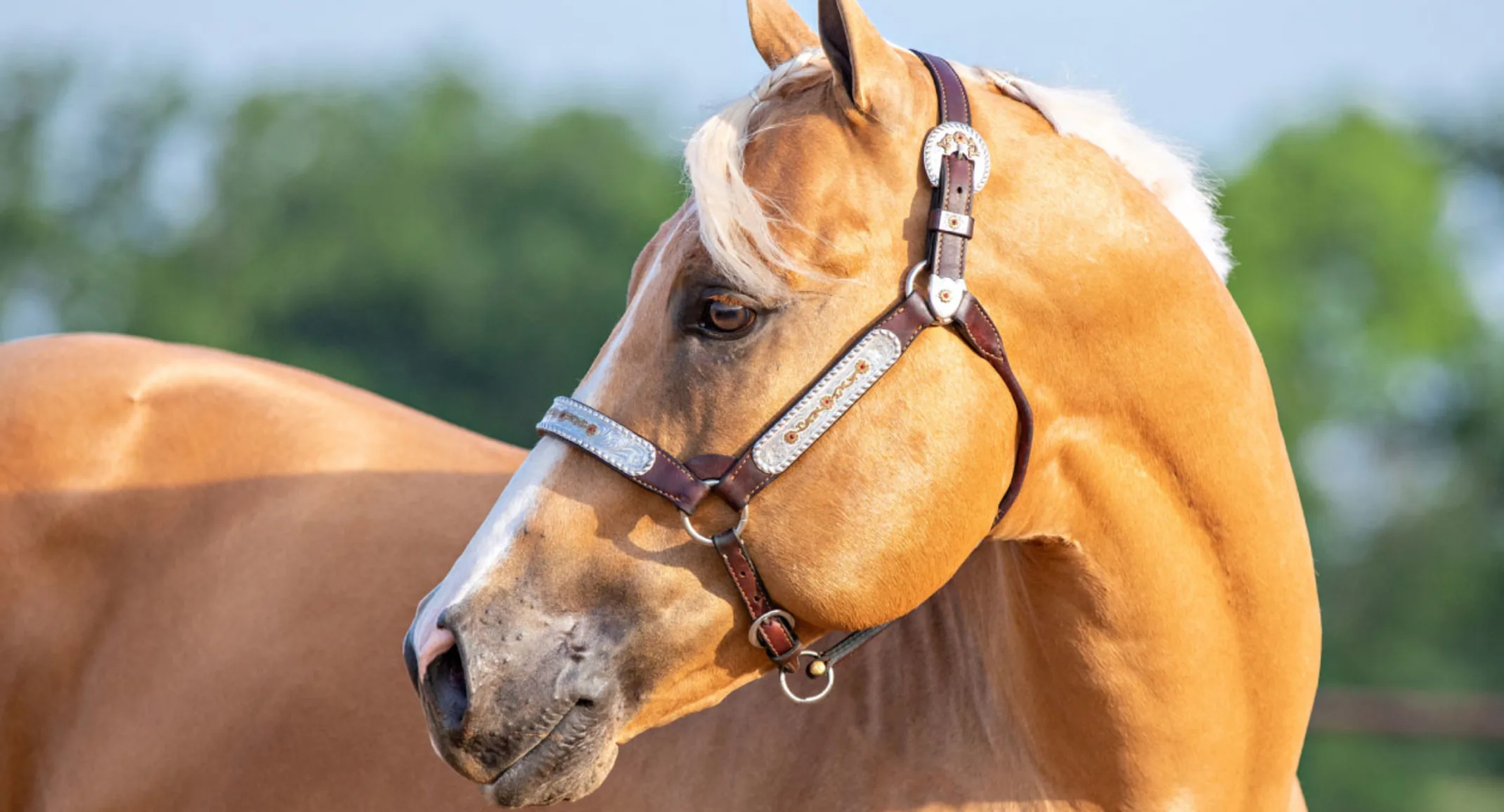West Nile FAQ
Equine Resources

How many doses of the vaccine are required?
It is absolutely essential that a previously unvaccinated horse receive two doses of the vaccine at 3-6 week intervals. The equine population in the US has been virtually naive to this virus until 1999. Therefore, we are starting from "scratch" in regards to protecting our horses against West Nile virus by vaccination.
What if I exceed the 3-6 week vaccination interval?
Serology data obtained on the vaccine and its immune response was obtained from horses vaccinated at a 3-6 week interval. We have no serological data supporting an extended vaccination interval. While one would assume the horse's immune "memory" would extend beyond that, there has been no serological testing to support that. While it is the practitioner's discretion, Fort Dodge Animal Health suggests that horses receive an additional booster (a 3rd dose) 3-6 weeks after the second booster, if the initial 3-6 week booster interval has been exceeded.
When can I expect immunity after the second dose of vaccine?
In serological studies, the majority of the horses seroconverted within two weeks after the booster dose of vaccine. There were some who seroconverted at three to four weeks. Therefore, it would be ideal to have the first and second dose of vaccine completed at least one month prior to exposure to the mosquito vectors.
Can I use the West Nile virus vaccine in a pregnant mare?
Currently, the West Nile virus vaccine does not carry a claim for vaccination of pregnant mares. However, in pre-release safety trials, 31 of 649 horses were pregnant mares which were closely monitored following vaccination. There were no ill effects demonstrated in the mares, their pregnancies or their subsequent foals. Since its release, thousands of doses have been administered to pregnant mares. Fort Dodge Animal Health Professional Services has received no reports implicating a problem with the use of the vaccine in pregnant mares. The safety of its use in pregnant mares most likely approximates that of the Sleeping Sickness vaccines.
When should I begin vaccinating foals?
Maternal interference and passive transfer studies have yet to be completed at this time. Once these have been completed, the ideal age for vaccination of foals will be determined. At this time, the following general recommendations are being made by many equine practitioners based on experience with Sleeping Sickness vaccines:
In a high risk situation (in regards to potential exposure to the wild virus), foals born from mares not previously vaccinated for West Nile virus may be vaccinated beginning at 6-8 weeks of age, with two doses of vaccine at 3-6 week intervals. If the mares did receive the vaccine prior to foaling, it is recommended starting at 3-4 months of age.
In low risk areas, foals from vaccinated mares may be started at 5-7 months of age, while foals from non-vaccinated mares can be started at 3-4 months of age.
Can horses get West Nile virus from the vaccine?
No. During the production of the vaccine, the West Nile virus is rendered totally inactivate, making it a killed-virus vaccine. It is not be possible for a horse to contract the West Nile Virus from the vaccine.
Does my horse need a third dose of the vaccine?
According to labeled directions, once a horse is vaccinated with West Nile virus vaccine (the initial two doses given 3-6 weeks apart), it would thereafter only require an annual booster. Some veterinarians are recommending more frequent injections depending on the level of mosquito and potential viral challenge to horses in different geographic areas. Check with your veterinarian and/or state agencies regarding recommended vaccination protocols in your geographic location.
Is the West Nile Virus Vaccine safe for all breeds of horses?
Yes. The West Nile virus vaccine is safe for all breeds of horses. It has also been used safely in donkeys, mules, and miniature horses, although no label claim for these animals is approved at this time.
